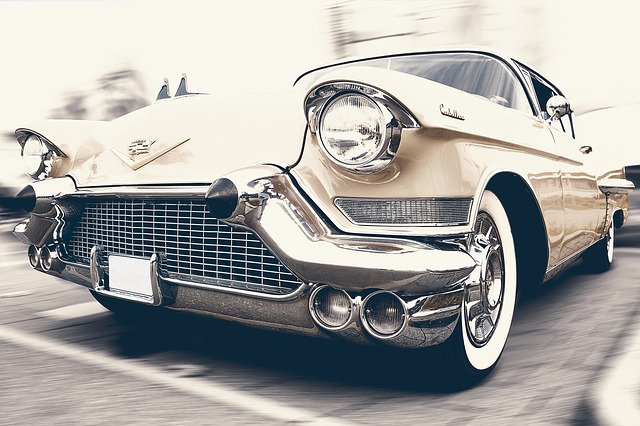Should You Get a Diesel?

We’re all watching the price of gasoline fluctuate throughout the year, attempting to keep our fuel budget intact. However we might balk at the price of gas these days, there are those who can look at diesel prices and be thankful they aren’t paying that amount. But are the extra few cents worth it? Diesel has long been renowned as the more efficient and more durable fuel choice for those who want and need the extra power in their SUV or truck. But why? What is the difference between gasoline and diesel performances, and do the benefits outweigh the higher price?
Diesel power
If you’re going to be towing big weights, diesel is hands-down winner. Hobbies such as boating, RVing, or car restoration, or simply requiring large payloads or equipment for your job. Diesel’s higher compression ratio within an engine’s cylinders gives greater torque and power at lower rpms. While a gasoline engine may suffice for the weights your chores or job might demand of your vehicle, they aren’t designed to constantly take the strain towing large loads takes on the powertrain. According to our technical sources at Thunder Chrysler (Bartow, FL) demanding such performances out of a gasoline engine will significantly reduce the engine’s durability and life expectancy.
Maximizing MPG
A diesel engine, on average, runs thirty to thirty-five percent more efficiently compared to a gasoline engine, well balancing out that initial hike in cost while fueling up. Consistently, diesel trucks provide greater EPA rated miles per gallon city/highway driving. This is also because of diesels higher compression rate, using less fuel to generate the same amount of power outputted by gasoline combustion. This is referred to the fuel’s energy density, with diesel measuring in at thirty-five to forty megajoules per liter and gas measuring thirty to thirty-five megajoules per liter.
More sense for your cents
Diesel engines deal with greater forces compared to their gasoline counterparts, and so their parts are engineered sturdier to take a lot more strain. Not only that, the delivery of higher torque numbers at lower rpms make for less wear and tear through the rigors you might normally put your vehicle through. Diesel is also less corrosive compared to gasoline, ensuring that your fuel lines and exhaust systems will remain in good condition for longer. Thus, a properly maintained diesel engine will last for, on average, 100,000 more miles compared to a gasoline fueled powertrain. These reliable systems, therefore, resale for a higher price even with a large 100,000-plus amount of miles compared to gas trucks and SUVs.
Its a lifestyle choice
It’s an easy matter of assessing your needs now and in the future on whether you should opt to go diesel on your next vehicle. Gasoline engines are perfectly reliable and fuel friendly for those who have a more casual way of living life, but if you love to haul around a bunch of big toys or you need an extra edge of performance and towing prowess for your business, then diesel will dutifully pay you the extra fuel costs with lifelong durability.






